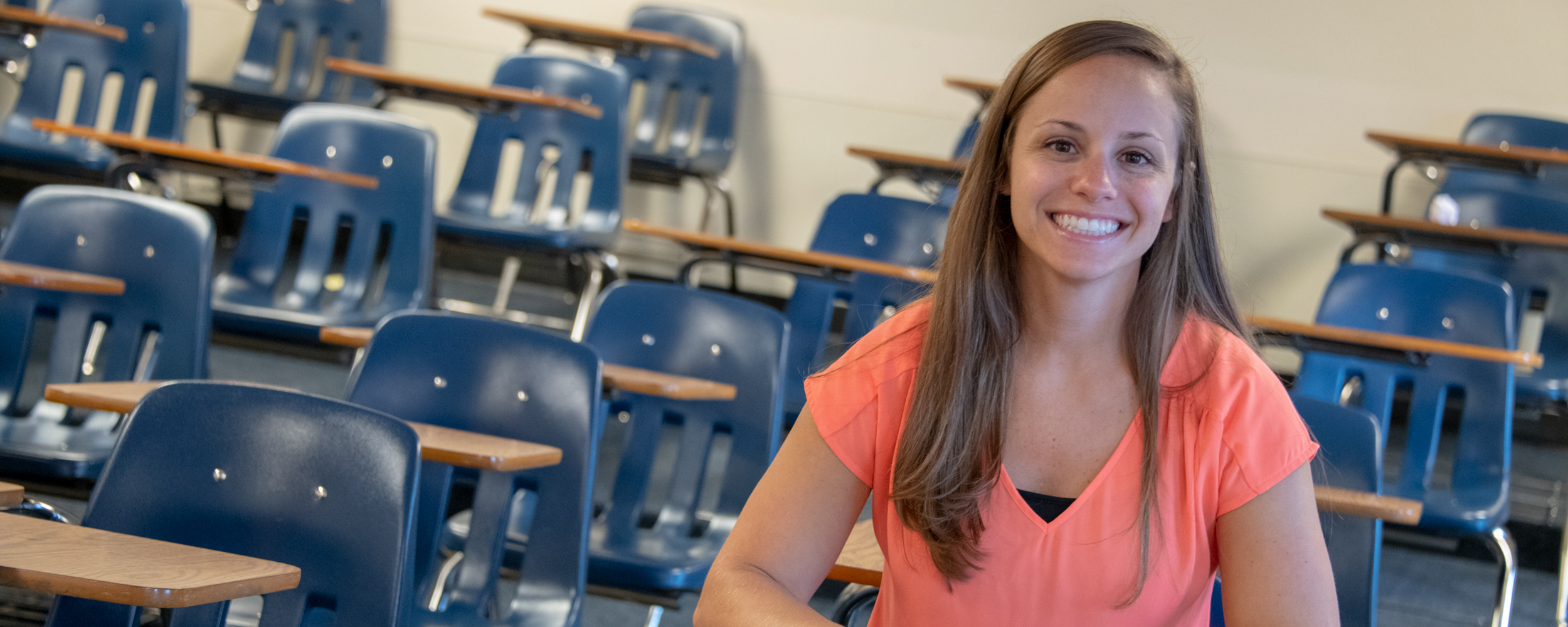
Nutritional sciences doctoral student wins national research award
Monday, May 17, 2021
Media Contact: Brittany Bowman | Communications Specialist | 405-744-9347 | brittany.bowman@okstate.edu
Christine Walters, a nutritional sciences doctoral student at Oklahoma State University, has been named an Emerging Leaders in Nutrition Science Abstract Recognition Award finalist, a program of the American Society for Nutrition recognizing the highest quality research presented by students and young investigators at NUTRITION 2021 LIVE ONLINE.
Walters’ abstract, titled “Facilitators and Barriers of Breastfeeding in Post-Emergency Settlements: Qualitative Findings from Uganda,” was in the top 15% of more than 800 abstracts submitted by students and postdoctoral fellows. Walters and her research colleagues conducted focus group discussions with parents in refugee settlements to identify barriers to breastfeeding.
“I am proud to share our research outcomes and honored by the distinction,” Walters said. “It will hopefully bring international attention and make a real difference for mothers and their children, helping families make the best health decisions for their infants.”
Walters earned a bachelor’s in medical dietetics from Ohio State University and a master’s in nutrition from Oklahoma State University. She remained at Oklahoma State to pursue her Ph.D., conducting field research in Malawi before collaborating with fellow Oklahoma State Ph.D. students Joel Komakech and Dr. Hasina Rakotomanana — who has now graduated and works for the United Nations — on a Nestlé Foundation grant to conduct longitudinal research in Uganda in 2020.
Walters and her colleagues observed mothers were more likely to breastfeed their children when they understood the benefits and received support from the father, their communities and non-governmental organizations. However, breastfeeding was less likely when mothers worked outside the home or experienced physical or mental illness. Educated mothers also were more likely to choose other sources of milk.
The Oklahoma State researchers persevered through an unexpected research challenge. Three days before she was set to leave for Uganda, COVID-19 halted international travel. Thankfully, her research partner Komakech was already in Uganda and collected data for Walters to analyze.
“Christine persevered, and her work will now inform top humanitarian agencies and the Ugandan government,” Komakech said. “Her research expands the knowledge of barriers to child feeding practices in these complex communities.”
The abstract for which Walters was recognized is only the tip of the iceberg of what Walters and her research colleagues hope to accomplish. She says they are still analyzing data from the research project and plan to publish several more papers.
“This research has the potential to impact many more communities,” Walters said. “Areas with similar agricultural and health factors will be able to use this research and adapt it to solve their community’s challenges.”
